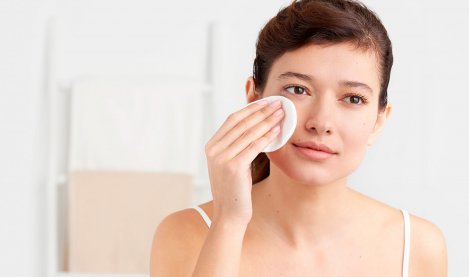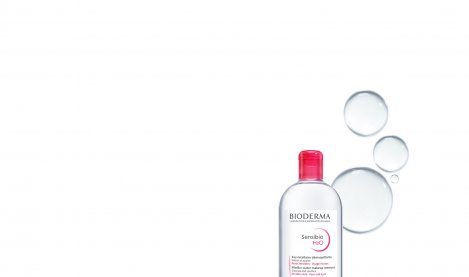Understand my skin
Why is my skin so sensitive all of a sudden? All you need to know about external aggressions
The number one enemy for sensitive skin is all the aggressive factors that little by little disrupt its balance. Our skin is our first defence system against numerous irritants. Every day, we put makeup on our face, live and work in an environment that is ever more polluted and contend with the impurities our own bodies produce naturally. A well-chosen face cleanser for sensitive skin is essential for maintaining the skin’s balance and limiting the classic ways in which sensitive skin shows itself.















